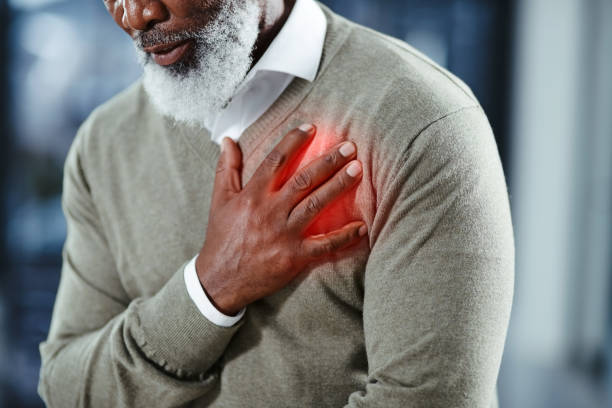Acid reflux chest pain is a common symptom of gastroesophageal reflux disease (GERD), a condition in which stomach acid rises into the esophagus. The chest pain can be uncomfortable and cause a burning or tight sensation in the chest. It can also feel like a sharp pain in the middle of the chest, or a heavy pressure in the chest. If you experience any type of chest pain, it is important to seek medical attention to rule out any serious underlying conditions, such as a heart attack.
There are several other symptoms associated with acid reflux chest pain, including:
Heartburn: A burning sensation in the chest that is often described as similar to a hot, sharp, or heavy pain.
Regurgitation: A sour or bitter taste in the mouth caused by stomach acid.
Chest tightness: A feeling of pressure or tightness in the chest.
Coughing: A persistent cough that may worsen at night.
Difficulty swallowing: A feeling of food getting stuck in the throat or chest.
Hoarseness: A change in the voice caused by acid irritation of the vocal cords.
If you experience these symptoms, it is important to seek medical attention. The symptoms of acid reflux chest pain can be treated with lifestyle changes and medications.
Lifestyle changes that can help relieve acid reflux chest pain include:
Avoiding foods and drinks that trigger symptoms: Common triggers include spicy foods, fatty foods, alcohol, and caffeine.
Losing weight: Excess weight can put pressure on the stomach, which can cause acid to rise into the esophagus.
Eating smaller, more frequent meals: Eating large meals can put pressure on the stomach, which can cause acid to rise into the esophagus.
Avoiding lying down after eating: Wait at least three hours after eating before lying down.
Sleeping with the head elevated: Elevating the head while sleeping can help prevent acid from rising into the esophagus.
Medications that can help relieve acid reflux chest pain include:
Antacids: Antacids neutralize stomach acid and provide quick relief from acid reflux symptoms.
H2 blockers: H2 blockers reduce the production of stomach acid, providing long-term relief from acid reflux symptoms.
Proton pump inhibitors (PPIs): PPIs are the most effective medications for treating acid reflux chest pain. They work by reducing the production of stomach acid.
In severe cases of acid reflux chest pain, surgery may be necessary. Surgery is typically reserved for patients who have not responded to other treatments, or who have developed serious complications from acid reflux. The most common type of surgery for acid reflux is called fundoplication, in which the top of the stomach is wrapped around the esophagus to prevent acid from rising into it.
In conclusion, acid reflux chest pain is a common symptom of GERD. It can cause burning, tightness, or a heavy pressure in the chest, as well as other symptoms such as heartburn, regurgitation, coughing, and difficulty swallowing. Lifestyle changes and medications can help relieve symptoms, while surgery may be necessary in severe cases. If you experience any type of chest pain, it is important to seek medical attention to rule out any serious underlying conditions.

 Home
Home Health
Health Diet & Nutrition
Diet & Nutrition Living Well
Living Well More
More












